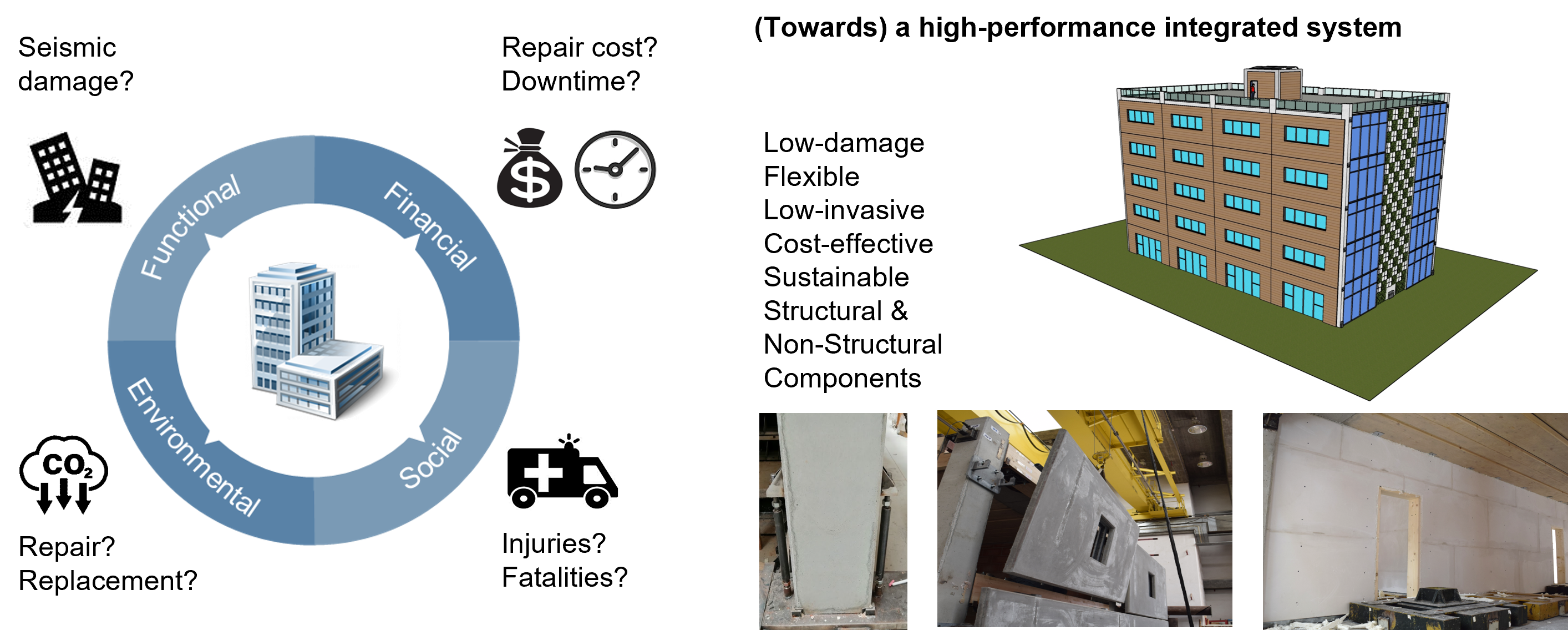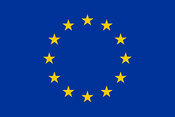SAFE-FACE
Seismic SAFety and Energy efficiency: Integrated technologies and multi-criteria performance-based design for building FACadEs
Building facades are currently designed targeting high levels of energy efficiency, due to the urgent need for more resilient and sustainable communities often driving socio-political decisions. However, environmentally sustainable facades are insufficient to create resilient societies.

In seismic hazard zones, façade performance and serviceability can be severely impacted by earthquakes. Façade damage can occur even at low seismic intensities, leading to potential life-safety threat, substantial socio-economic losses and market disruption. Safer façade systems are thus urgently needed, and SAFE-FACE project addresses this need.
Damage-control construction details and energy efficiency techniques will be combined to develop earthquake-proof sustainable facades for mid-rise residential/office buildings. The typical façade design procedure will be advanced by integrating the seismic study. Multi-criteria performance-based tools and frameworks, including seismic safety as a decisive criterion, will be developed (or enhanced) to support the design of façade systems: a novel practice-oriented tool; an advanced optimization-based tool; an innovative probabilistic fragility-based approach.
Involving various disciplines and industrial/academic collaboration, the research represents both a scientific problem and a socio-political priority: it aims at the resilient and sustainable development of buildings and timely responds to the safety and socio-economic needs of our modern society.

Facts
| Funder: | European Union |
| Programme: | Horizon 2020 - Marie Skłodowska-Curie Actions |
| Overall budget: | € |
| Grant amount: | € 175.572.48 |
| Grant number: | 101029605 |
| Role TU Delft: | Lead partner |
| Project duration: | July 2021 - July 2023 |
| TU Delft researchers: | Prof.Dr.-Ing. Tillmann Klein |
Project partners
Permasteelisa Group
